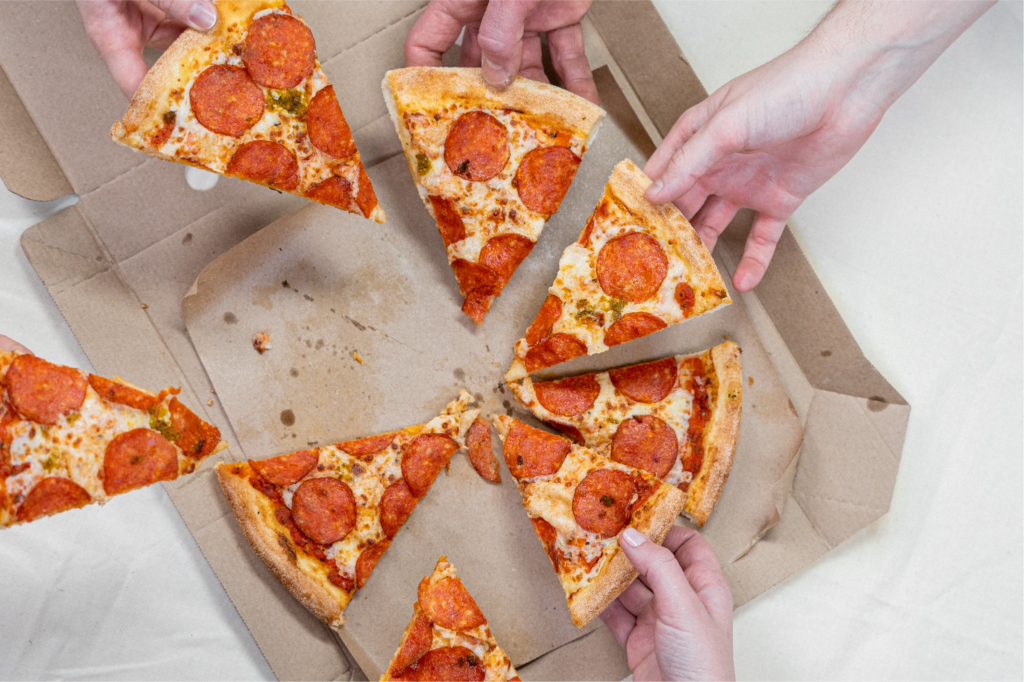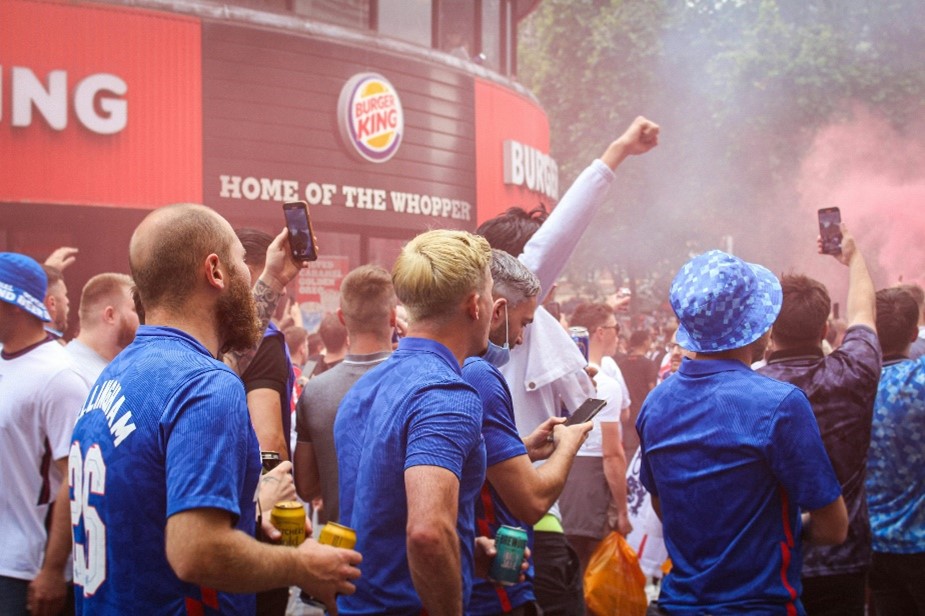A review can make or break a food business. It can be the thing that propels restaurants to the top of the places to visit listings, or it can force them to close their doors.
Gone are the days where restaurant bookings are influenced solely by review websites, like TripAdvisor – now it is a much quicker and reactive world.
If people have issues with their food, they no longer track down a customer service email to make a complaint. They post 280 words on Twitter in the hope that this kind of public shaming is enough to grant them a refund.
When ordinary people do this, nobody bats an eyelid, but when celebrities have their turn, a public pile on ensues, for both the celebrity and business.
Lily Allen recently took to Instagram to share a photo of an odd-looking pizza from well-loved chain, Pizza Pilgrims, with the caption ‘not impressed tbh’. This is not uncommon from what you might see your friends and family do, however it holds different weight when it comes from an account with 1.5 million followers.
Public backlash towards Lily was incredible with many enraged at her criticism, especially after the hospitality industry was already struggling to get back on its feet.
This reaction reinforces the expectations placed on influencers to ‘do the right thing’. They are perceived as role models, and with that comes a certain level of authority and apparent responsibility. It brings into question the power influencers hold, and whether there is a need to think of the implications their posting might have.
If the post had been shared by a food critic reviewing a restaurant for a media outlet with a similar reach, would they have received the same criticism, or would their opinion be received differently?
There’s a reason why brands invest so heavily in influencer partnerships because it’s such a quick and effective way of getting messaging and products to a wide audience, but it also highlights the risk that comes from people feeling invested and trusting of influencers and their lives.
Speaking from a position of authority
This lends the question, how do we strike the balance between honest, authentic, and genuine influencer content whilst also using public influence to be socially responsible? Do brands need to be more tactical when working with influencers, to ensure they have the credentials to back up the partnership? Can beauty influencers partner to launch a new TV, can gamers do a penalty shootout with a football club? Is it time to start focusing on who can speak from a position of authority within the industry as opposed to just reach and followers?
However, we do not want to reach a point where influencers and celebrities become the modern-day version of only speaking when spoken to. Only preaching when paid. They should still feel confident to share their own opinions and thoughts outside of a brand deal but keeping in mind the effect their words can have.
One thing is for certain. It seems people don’t like it when celebrities and influencers pick on the little guy, or in this case, a pizza chain worth millions…





